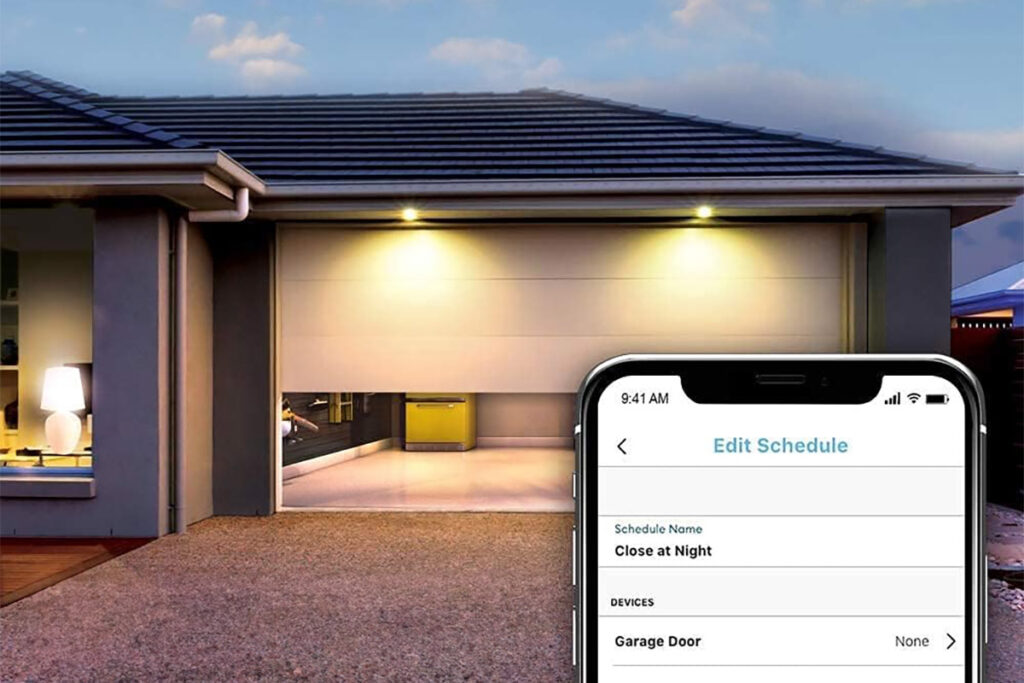
When you step on the gas, are you noticing your vehicle doesn't have the same getup it used to? Or maybe you're hitting the gas station more often than you used to – even though you're driving the same number of miles.
Perhaps you have a rough idle that you just can't seem to shake. No, these problems aren't all in your head. It's a common problem older vehicles face, and one of the primary reasons is because they need a fuel induction service.
But what is a fuel induction service, and do you need one every time the mechanic recommends one? We'll break down everything you need to know here, so you don't get ripped off and get your car running like new.
What Is a Fuel Induction Service?
To understand what a fuel induction is, you need to have a basic understanding of what happens when fuel burns inside your engine. To get your engine running, you need fuel to compress and ignite to create an explosion, and energy, inside your combustion chamber.
But as the first law of thermodynamic teaches us, you can't create or destroy matter. So, after that explosion, there's a ton of byproducts, while most of them head out the tailpipe, a few of them turn into burnt carbon.
This carbon sticks to various components inside your vehicle and gums up the works. A fuel induction service clears out these carbon deposits and a few other byproducts that stick to various engine components.
What Does a Fuel Induction Service Do for Your Vehicle?
When carbon and other fuel deposits gum up internal engine components it kills efficiency, and this loss of efficiency has a few results for your engine.
First, it kills your fuel economy. Even worse, it's a cyclic problem. Since your engine is dumping more fuel into the engine, it creates more carbon and other byproducts, and it gums up everything faster. Of course, this causes it to inject more fuel in, and everything starts over.
But it's not just about fuel efficiency, it can also affect your engine's overall performance. With everything backed up, you might not get the performance you expect.
A fuel induction service helps your vehicle by getting everything back to normal. This means if you have carbon deposits and other byproducts coating everything in your engine, a fuel induction service will get everything back to where it should be.
How Often Should You Get a Fuel Induction Service?
With all these great-sounding benefits of a fuel induction service, it begs the question of how often should you be getting this service? The truth is that you certainly don't need it more often than every 60,000-miles, but even that might be pushing it.
This isn't a service you should opt for as a part of a routine maintenance schedule. Instead, you should opt for a fuel induction service when you start noticing symptoms. These symptoms include:
- A rough idle
- Reduced engine performance
- Lower fuel efficiency
- Loss of power
- A check engine light
- Failed emission test
If you're not noticing any of these symptom's chances are you don't need a fuel induction service – regardless of what the dealership is saying.
If you're looking to extend the amount of time you need between fuel induction services, you can always add a fuel system cleaner to your fuel once every 10,000-miles.
- The ALL NEW CarbonClear technology combines the PEA cleaning power you have come to trust with PIBA, and a patented technology for a better clean. The combination of the 3 detergents work synergistically to provide better cleaning power (new formula) vs. just PEA alone (old formula).
- Fights ethanol and water corrosion and prevents future carbon build-up
- Conditions fuel to help extend the life of key engine parts
- Provides maximized performance and fuel economy in one fill-up
- Will not void OEM/manufacturer's warranty
While these don't always do the best job at removing carbon buildups, they do a great job at preventing them from forming to begin with. With the right fuel system cleaner, you can push out a fuel induction service from 60,000 miles to 100,000-miles or longer!
How Much Does a Fuel Induction Service Cost?
The average fuel induction service costs between $150 and $200 if you take it to a mechanic. This price should include a fuel additive that will work its way through your system, a direct-injected cleaner, and a throttle body cleaning.
Because mechanics can apply their direct-injected cleaner directly to valves, it's better for your vehicle than doing it yourself, but it's also more expensive.
Can You Do a Fuel Induction Service Yourself?
If you're trying to treat an older vehicle, a $150 to $200 fuel induction service might be a bit out of the budget. The good news is that you can complete a fuel induction service yourself! While these services aren't as good as what a mechanic can do, it might be enough to fix your problem.
Simply start with a throttle body cleaner and spray it in the intake (after the filter) with the engine running. From there, add a fuel additive to clean your injectors and give it one full fuel cycle to work its magic.
This isn't a full fuel induction service, but to do that, you'd need a tool that would cost you about the same amount as the original fuel induction service!
In short, yes, you can do it yourself, but it's not going to be quite as effective. But since the cost to do it yourself is only about $20, it's worth a try.
Final Thoughts
A fuel induction service is an integral part of keeping your vehicle running as it should. But with so many perks, it's easy for a dealership or a mechanic to try and pull a fast one on you when you don't really need it.
Just remember, you don't need a fuel induction service unless you're already noticing symptoms – but a fuel additive to keep everything running smooth isn't a bad idea!






